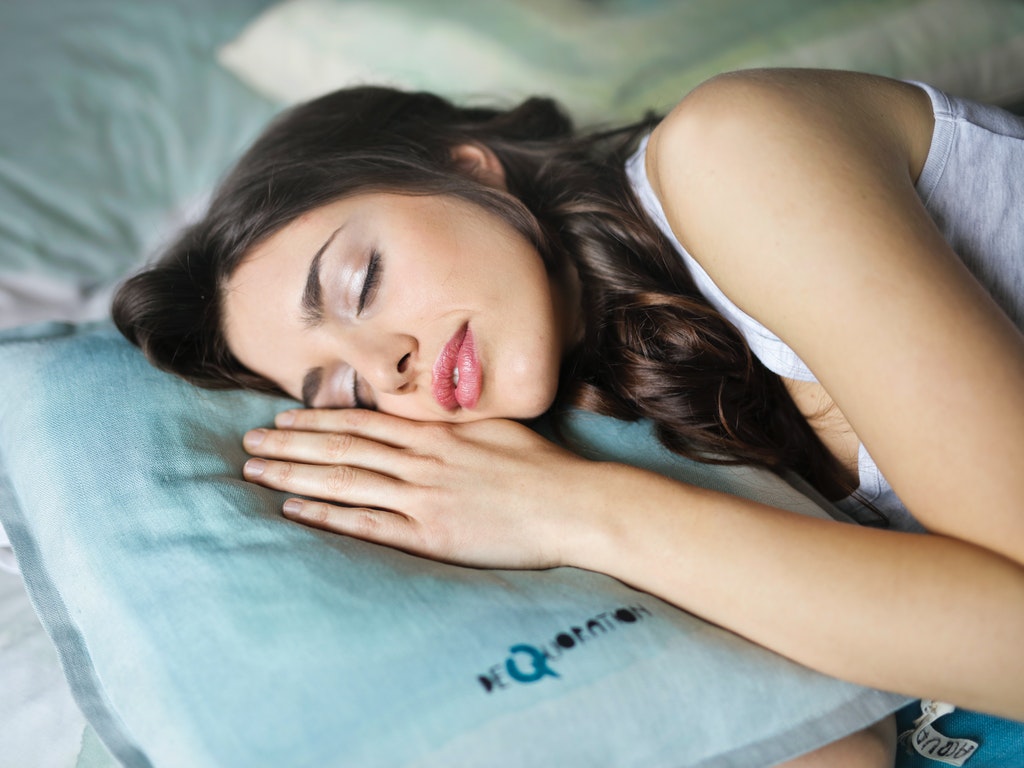A good night’s sleep is actually as important as a healthy diet & regular exercise. Research has shown that poor sleep has immediate negative effects on your hormones secretion, exercise performance, and proper brain functioning. Insomnia can also cause weight gain and an increased risk of diseases in both children and adults. If you want to optimize your health or lose weight, getting a good night’s sleep is one of the most important things you can do. Following simple steps may help you sleep better.
1. Create and Maintain a Sleep Schedule
No more than eight hours for sleep. At least seven hours of sleep is recommended for a healthy adult. You don’t need more than eight hours in bed to achieve that. Go to bed and get up at the same time every day. Try to limit the difference in your sleep schedule on weeknights and weekends. If you don't fall asleep within about 20 minutes, leave your bed and try to do something that is relaxing. Try reading a book or listening to music. Only return to bed when you are sufficiently tired.
2. Pay Attention to What You Eat and Drink
Neither starve yourself or overeat. Avoid heavy meals around bedtime. It is important to avoid smoking or drinking alcohol or caffeinated beverages around bedtime. These agents may affect your sleep quality adversely.
3. Restful Environment Helps
A cool, dark, and quiet room is ideal for sleeping. Avoid prolonged use of electronic gadgets before bedtime. The blue light emanating from these devices adversely affects Melatonin, the sleep hormone, secretion from the pineal gland. Darkness stimulates the secretion of Melatonin. Draw curtains, use earplugs, a fan, or other devices to create an environment conducive to your needs. Taking baths or meditation techniques is known to promote better sleep. It is also advisable to avoid vigorous exercise close to sleep hours.
4. Avoid Sleeping During the Day
Daytime naps tend to interfere with nighttime sleep. Limit your daytime naps to 30 minutes and avoid them completely in the evening.
5. Add Physical Activity to Your Daily Routine
Regular exercise or physical activity can help you to sleep better. As mentioned above, avoid these closer to sleep time. Spending time outside every day might be helpful, too, so also is true for spending more time in bright light.
6. Manage Worries
Resolve your worries or concerns before bedtime. Stress management may help. Start with the basics, such as getting organized, setting priorities, and delegating tasks. Meditation also can ease anxiety. Avoid going to bed with worries
7. Avoid Blue screen exposure
It is a proven fact that Blue light hinders sleep initiation. Blue light gives a false signal to the brain about daytime, hence disrupts our circadian rhythm. So it is advised not to use a mobile/laptop or watch TV before going to bed.
8. Avoid late-night meals
Eating late in the night badly affects both sleep quality & natural melatonin secretion in the body. Even eating spicy things late at night may cause acidity & heartburn, leading to disturbed sleep. Either a light snack 1-2 Hr before bedtime may help in getting good sleep.
For a quick online consultation Click Here
